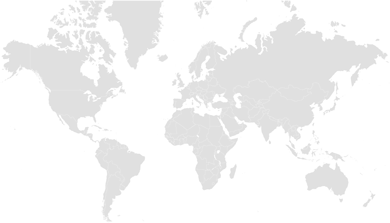Case study
2024 • Municipality of Bogota Bogota – Enhancing waste management through inclusive practices
Bogota, Colombia's capital and largest city, generates over 2.1 million tonnes of waste annually, with approximately 67.7% being organic waste. Through the Zero Waste Program, the city has prioritized reducing landfill dependency and enhancing recycling rates, particularly by integrating informal waste workers into the formal system. Despite challenges, including cultural resistance to recycling and insufficient infrastructure, the program has succeeded in recycling 357 tonnes of waste daily, with potential for much more. This case highlights the importance of inclusive waste management approaches, integrating marginalized groups, and leveraging community participation for sustainable urban development.
Recovered Materials & Products
Compost
Waste Streams
Organic solid waste
Confirmed countries
Afghanistan


Background and Context
Location: Bogota, Colombia.
Resource Stream: Municipal solid waste, approximately 65% organic waste.
Challenges: High daily waste generation, illegal dumping, limited recycling culture, limited capacity to process recyclable materials, and informal waste worker inclusion issues.
Technologies/Methods Used:
Bogota employs manual sorting and recycling, largely carried out by informal workers who extract recyclable materials from mixed waste. However, educational programs promoting waste reduction and proper sorting are in place and the city aims to enhance infrastructure and technology, such as waste collection and treatment facilities.
Implementation Steps:
- Launch of the Zero Waste Program in 2011, to promote waste reduction and recycling.
- Constitutional Court rulings to recognize informal workers and integrate them into formal waste management frameworks.
- Training and capacity-building initiatives to enhance the skills and safety of waste workers.
- Community awareness campaigns to promote recycling practices and responsible waste disposal.
Outcomes and Impacts
- Daily recycling increased to 357 tonnes, with potential capacity to reach 1,000 tonnes.
- 20,643 waste pickers identified, 46 waste picker organizations authorized, and 10,673 waste pickers paid
The program has enhanced social inclusion and recognition of waste pickers, providing formal employment opportunities and improved working conditions. Additionally, it has extended landfill life and reduced environmental impacts from the waste sector.
Lessons Learned
Bogota's experience underscores the importance of inclusive policies that integrate informal workers into waste management systems. Public awareness campaigns and educational initiatives are critical to fostering a recycling culture. Furthermore, enhancing infrastructure and leveraging community participation can significantly improve recycling rates and waste management outcomes.
Learn more
This case study is extracted from the publication linked below: "Harnessing the Role of Private Sector in Waste Management through South-South and Triangular Cooperation for Inclusive Urbanization, UNDP (2023)"
https://www.undp.org/policy-centre/istanbul/publications/harnessing-role-private-sector-waste-management-through-south-south-and-triangular-cooperation-inclusive
Technologies
Composting
Themes
Capacity building
Policy and regulation
Participatory planning